SIRIO: Sistemi Intelligenti per misure di Radioattività Integrati nell’ambiente Operativo
| Starting date: December 2024 | Ending date: February 2026 |
|---|
The need for environmental radiological measurements to safeguard the health of the population is becoming increasingly important, also as demonstrated by recent legislative interventions on the matter (DLGS 101/2020). CAEN has always been at the forefront in the development of solutions for nuclear safeguards and safety, as demonstrated by the CORSAIR project which took place within the framework of funding for Research and Development issued by the Tuscany Region.
This project aims to start from what has already been done, evolving it and making it more versatile. The idea is to create a detection system capable of measuring the radioactivity of rocks (quarries, blocks and slabs), of the walls of a room up to the measurement in water of a tank for the detection of the presence of Radon and, more generally, of KUT. All these measurements can be carried out with the same detector as long as it is sensitive enough and adequately shielded to reduce the impact of the surrounding environmental background. The new system must also have a geometric configuration and be integrated into a sensor network that allows it to adapt to the various measurement scenarios and adequate algorithms for identifying environmental radioactivity and decay chains.
Following the success of the Gamon family, which has become the standard for environmental monitoring of the ISIN (National Inspectorate for Nuclear Safety and Radioprotection), CAEN wants to continue the development of a detector capable of performing these measurements in a timely manner, forming a consortium with ACTA for the creation of a mechanics that is easily adaptable to the various scenarios and at the same time robust, and Dansk which will have the role of end-user for the stone solution of the detector. The University of Pisa will provide, through the Department of Nuclear Engineering, the necessary support for the development of the identification algorithms and the simulations necessary for the correct calibration of the detector and CAEN will work on the electronics, the detection system and communication, integrating all the contributions with the conclusion of the project which will include field measurements to verify the operability of the developed system.
This project was carried out with the support of the European Union and the Tuscany Region as part of the FSE+ 2021–2027 Programme.
Download the project poster (PDF).

Project website:
https://sirio-project.it


